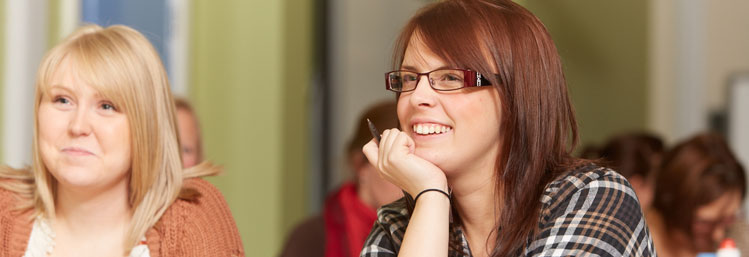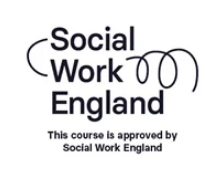
Social Work
MA
- Duration
- Start date
- Location
Suitable for applications.
Studying Social Work at the University of Bradford has taught me to believe in humanity, and how collaborative work can improve the lives of the people we support.
Learning and assessment
Our programme is built around The College of Social Work’s requirements for practice placements, coupled with a clear system of curriculum development as you progress through the stages of the programme.
You will be assessed by the attendance of two practice placements: the first placement in year one and the final placement in year two. The placements will be with different service user groups and with a minimum of one placement that will allow you to undertake statutory interventions. These placements, along with the 30 days skills preparation and the teaching and learning strategies employed on the programme, will enable you to critically analyse and reflect on your practice and learning.
Placements are full-time: 5 days a week following usual working hours (e.g., 09:00 to 17:00 although the hours may vary for each placement setting). The first placement (70 days) will run between mid-May and the end of August in Year 1. The second placement (100 days) will run between January and June in Year 2. We have a dedicated team of Practice Learning Tutors who will manage and support you on your placement. You will need to be prepared to travel to practice placements within a 30-mile radius of the University of Bradford, and many placement providers will expect students to possess a full UK driving licence.
Our proven skills in teaching rest upon a commitment to clear learning outcomes, a structured system of progression, imaginative assessments and the provision of safe, stimulating learning environments. Our lecturers have a variety of specialist practice, academic and research skills as well as a commitment to providing high-quality teaching and learning.
All assessments test skills in critical analysis and reflective practice in the integration of the practice and theory of social work. Prior to starting each placement, you will be assessed on your ‘fitness to practice’ and suitability for social work training, and you will be expected to pass your placement at the required level.
Other forms of assessment include:
- essays
- blogs
- reports
- reflective pieces
- individual and group presentations and exercises
- recorded role plays
- digital story-telling and other practice exercises
- participation in virtual learning exercises
- VIVA interview

